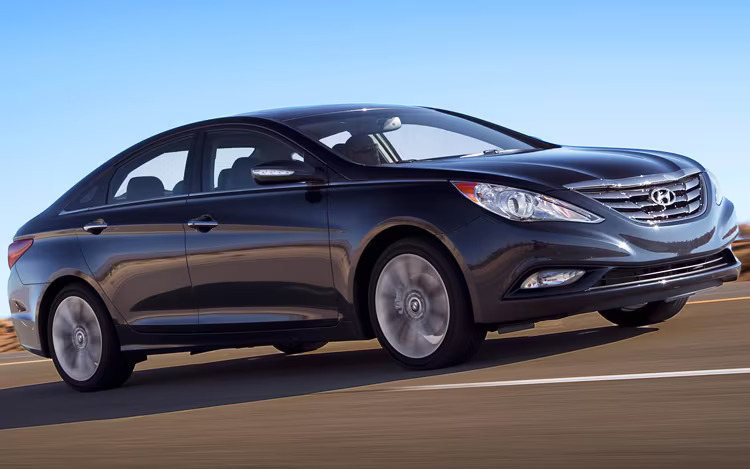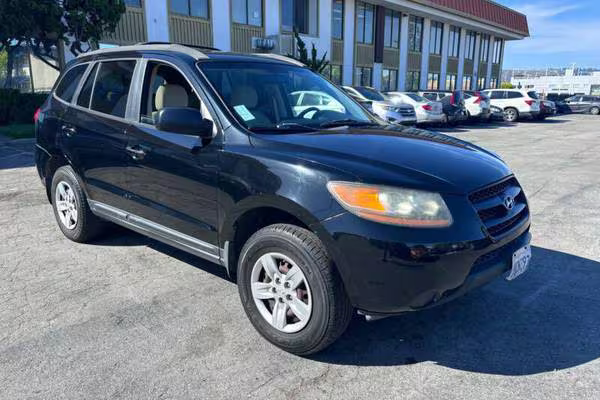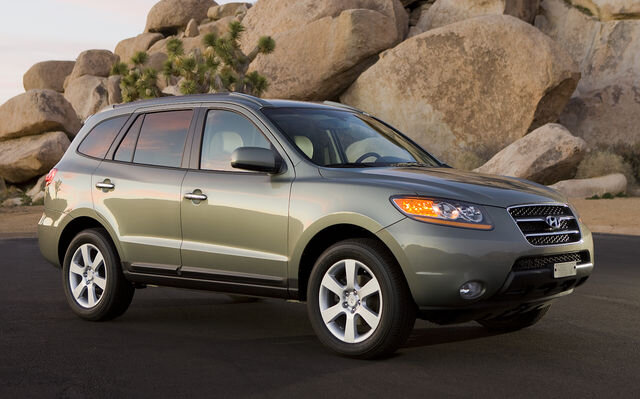Whether you have an older or newer Hyundai, it is important to make sure your car gets the highest quality service and maintenance repair possible. This will help your car perform better, last longer and give you peace of mind on the road.
The mechanics at a dealership or team of independent shops usually have specialized knowledge and training for your vehicle model and have the tools, equipment and machinery to get the job done right.
Check Engine Light
The check engine light is a common indicator that there is something wrong with your car’s systems. It comes on when the onboard computer detects an issue and logs a diagnostic trouble code (DTC).
The DTC is a starting point for a technician to diagnose the problem and perform repairs. The DTC is stored in your vehicle’s onboard computer and can be retrieved using an OBD-II scanner.
Typically, the light will turn off after it has been repaired or reset. However, in some cases, the DTC will remain.
If the DTC has remained, it may be a sign that there is more serious trouble. That is why we recommend bringing your car into a qualified mechanic as soon as you can.
Many independent hyundai mechanics can correct the problem for a fraction of the price a dealer would charge. Just do some research and call around to your local auto part stores to see if they will help.

Brakes
A brake system takes the kinetic energy from your Hyundai’s wheels and turns it into heat to slow and stop your vehicle. The parts of the system include the rotor, brake pads, and calipers.
Keeping your brakes in top working condition is critical to driving safety and extending the life of your Hyundai. Brake fluid transfers the pressure from the brake pedal to the brake pads at each wheel, causing friction between the pads and rotors which stops your car.
Your brakes also need routine maintenance to keep them in tip-top shape and ensure you can always rely on them when it counts. That’s why it’s important to get your brakes checked by an independent hyundai mechanic regularly.
A typical set of brake rotors will need to be replaced or resurfaced about every 70,000 miles. Your calipers also need to be serviced at regular intervals and your brake hoses will need to be inspected for damage, cracking or deterioration.

Tires
The tires on your Hyundai are one of the most important components that your vehicle needs. They are responsible for traction, performance, and responsiveness as well as efficiency and comfort.
Keeping your tires perfectly aligned, balanced and pressurized can make all the difference in how your Hyundai handles. It also makes a big difference in your fuel mileage.
If your tires aren’t properly aligned, they can start pulling to a particular side of the road or vibrating when you’re driving. It can also affect how your steering wheel feels.
When it comes time to replace your Hyundai tires, you want to be sure they are the right size and type. Your independent hyundai mechanic will be able to help you find the right tires for your Hyundai model.

Transmission
The transmission is a crucial part of your vehicle, and one that can quickly degrade or even break down if not properly cared for. This is why it’s important to make sure you bring your Hyundai in for regular oil changes, tire rotation and balance, filter check or replacement, alignment, multi-point inspection and all of the other maintenance services it needs.
It’s also important to pay attention to any odd sounds you hear while driving, as they may indicate a problem with your transmission. Unusual noises can range from a humming, whining or clunking sound to hissing and backfiring.
If you notice a problem with your transmission, don’t hesitate to bring your car in for repairs by an independent hyundai mechanic. Our technicians can quickly diagnose your issue and get you back on the road in no time.

